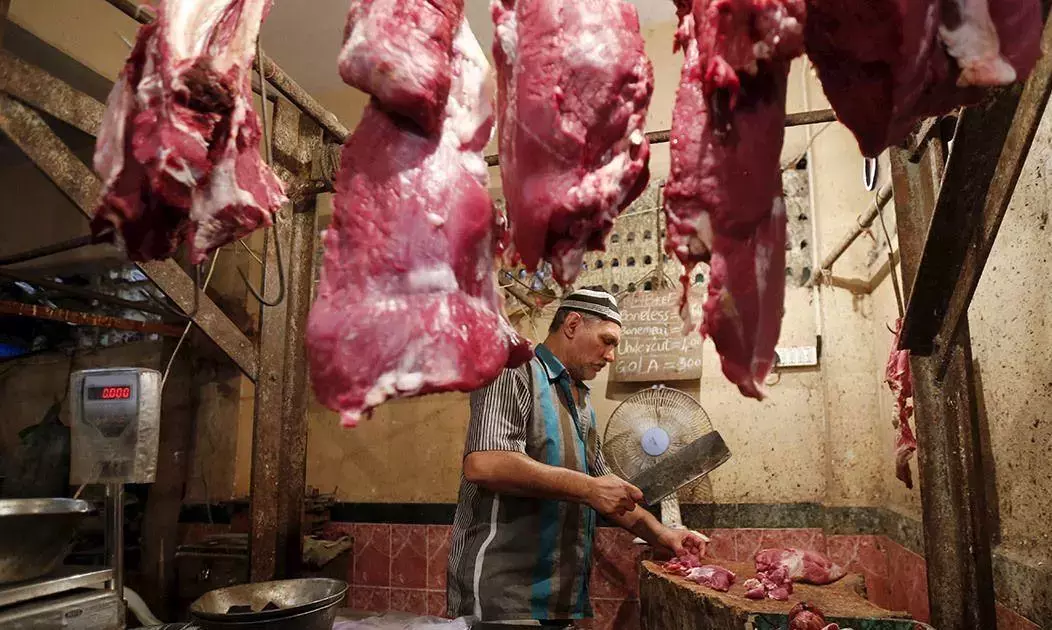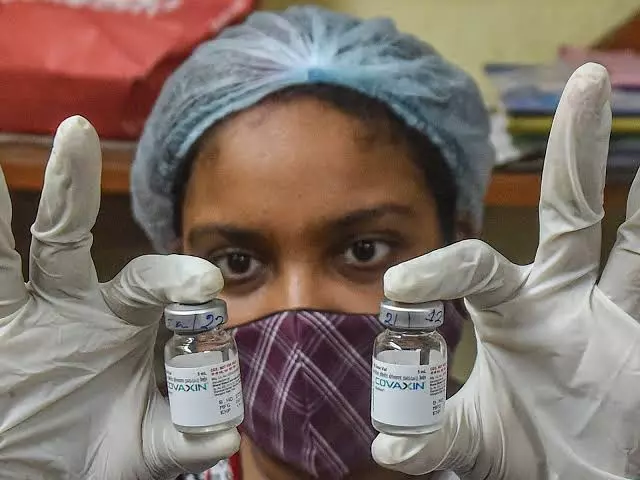
First study shows Covaxin 50% efficient against Delta variant
text_fieldsA study conducted by the All India Institute of Medical Sciences (AIIMS) has demonstrated at least 50% efficiency of two doses of Bharat Biotech's Covaxin in 2,714 hospital workers at AIIMS, New Delhi, who were symptomatic and underwent RT-PCR testing for the coronavirus between April 15 and May 15 this year. The study has been published in the peer-reviewed medical journal The Lancet.
This is the first real-world study conducted on Covaxin, providing doctors and scientists with valuable insight into just how the vaccine behaves in real-world conditions, especially in a high-risk population that was operating during the peak of the second wave of Covid-19, mainly the Delta variant, which accounted for 80% of infections at the time.
"Our study offers a more complete picture of how Covaxin vaccine performs in the field and should be considered in the context of Covid-19 surge conditions in India, combined with the possible immune evasive potential of the Delta variant. Our findings add to the growing body of evidence that rapid vaccine rollout programmes remain the most promising path to pandemic control while public health policies must continue to include additional protective measures, such as mask-wearing and social distancing," Dr Manish Soneja, additional professor of medicine at AIIMS, New Delhi told the Indian Express.
Positive cases were matched to negative RT-PCR tests (controls) using a 1:1 ratio based on age and gender. The odds of vaccination with BBV152 were compared between cases and controls, and adjusted for occupational exposure to Covid-19, previous SARS-CoV-2 infection, and infection dates. Of the 2,714 employees in the study population, 1,617 tested positive for SARS-CoV-2 infection. AIIMS had exclusively offered Covaxin to its staff.
The adjusted vaccine effectiveness against symptomatic Covid-19 after full vaccination with Covaxin, with the second dose administered 14 days or more before undergoing RT-PCR testing, was found to be 50 per cent. The effectiveness of two vaccine doses remained stable over the seven-week follow-up period.
The researchers acknowledged that though the rate of effectiveness was lower than the 77.8% predicted in Phase 3 of the vaccine trial, the lower effectiveness could be attributed to the high risk nature of the population studied, the prevalence of other variants of COVID and the overall high test positivity rates in Delhi at the time. Additional studies would have to be conducted to understand how comorbidities, vaccine effectiveness over time and how the vaccine impacted chances of hospitalisation and death, the researchers said.
The World Health Organisation had granted Covaxin Emergency Use Listing (EUL) status earlier this month.























